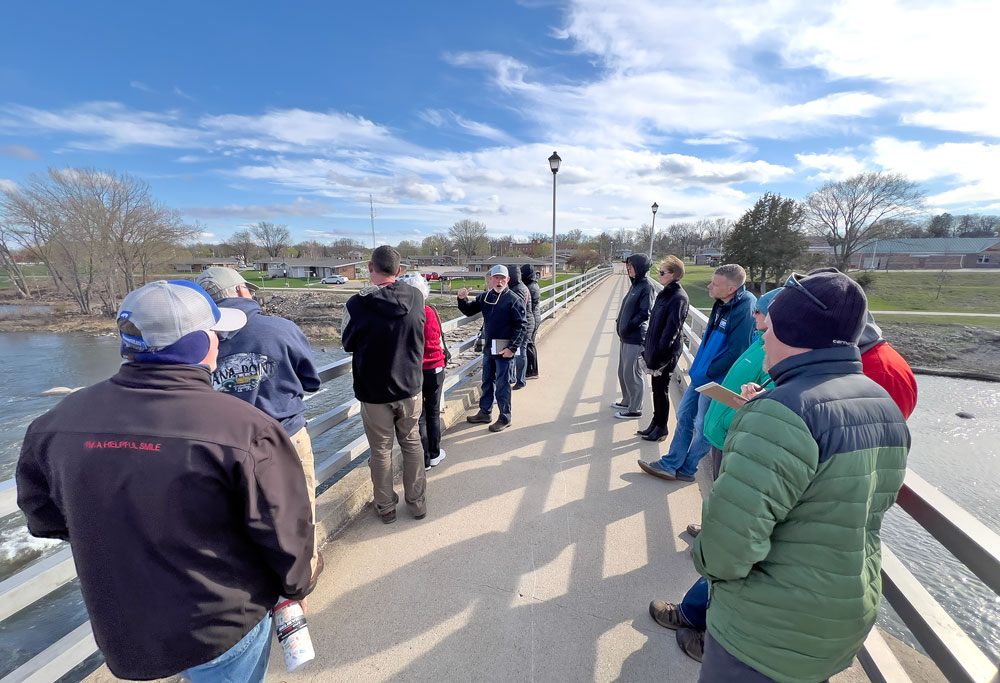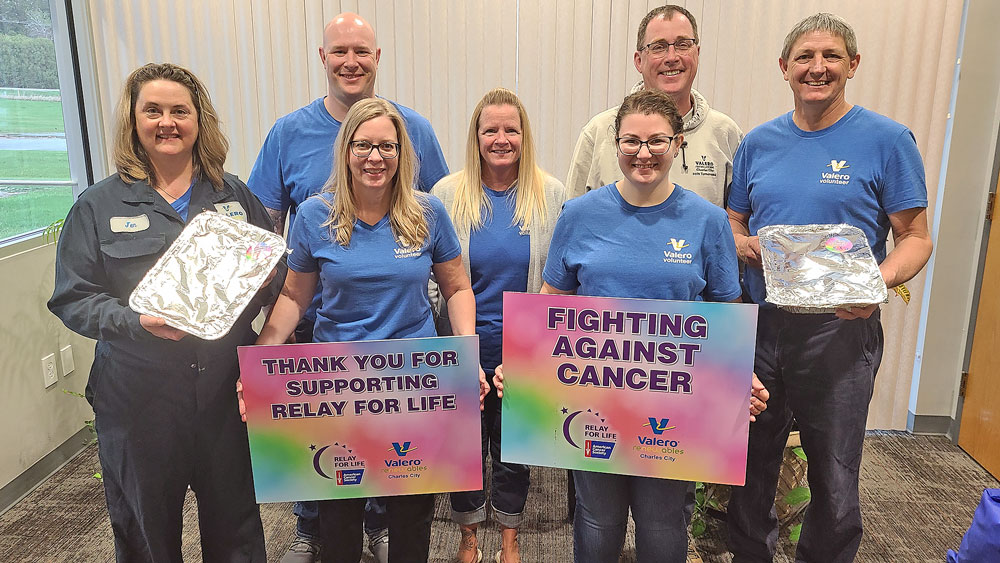Scientists debate boundaries, ethics of human gene editing
Scientists debate boundaries, ethics of human gene editing
WASHINGTON (AP) — Alternating the promise of cures for intractable diseases with anxiety about designer babies and eugenics, hundreds of scientists and ethicists from around the world began debating the boundaries of a revolutionary technology to edit the human genetic code.
“We sense that we are close to being able to alter human heredity,” Nobel laureate David Baltimore of the California Institute of Technology said Tuesday in opening an international summit to examine what he called “deep and disturbing questions.” ‘’This is something to which all people should pay attention.”
It’s an issue that gained urgency after Chinese researchers made the first attempt at altering genes in human embryos, a laboratory experiment that didn’t work well but did raise the prospect of one day performing genetic engineering that goes far beyond helping one sick person — and could pass modified genes on to future generations.
“This is a technology that could have profound implications for permanent alteration of the human genome,” molecular biologist Jennifer Doudna of the University of California, Berkeley, wrote this week in the journal Nature. Doudna co-invented the most-used gene-editing tool, and her calls for scientists, policymakers and the public to determine the right balance in how it’s eventually used led to this week’s gathering.
At issue are tools to edit precisely genes inside living cells, finding specific sections of DNA to slice and repair or replace, much like a biological version of cut-andpaste software. There are a few methods but one with the wonky name CRISPR-Cas9 is so fast, cheap and simple for biologists to use that research is booming.







Social Share